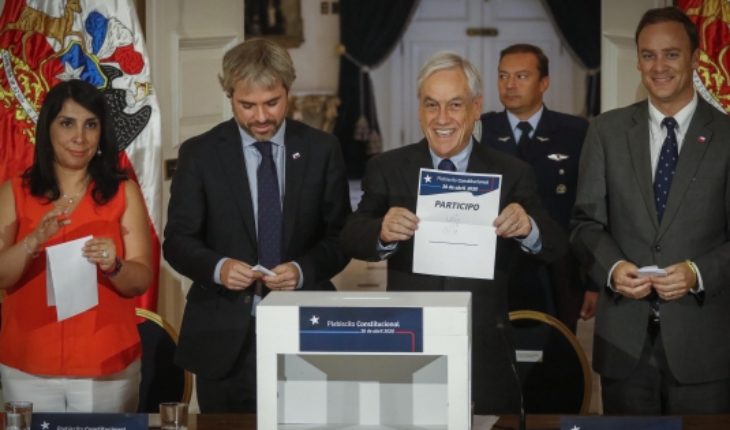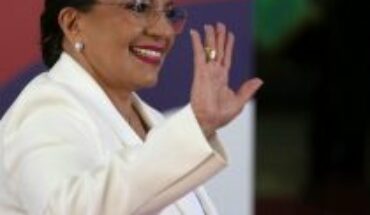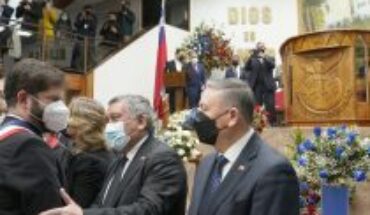It had already been anticipated by the president of the electoral service board (Servel), Patricio Santamaría: the budget for the plebiscite of April 26 has not been defined. And it also has to be defined what the limit of electoral spending will be for that date, which will affect parties and independents who want to add to “approval” or “rejection”.
Santamaría had already drawn lines a few days ago, ensuring that they can “receive contributions from their affiliates up to 500 units of promotion, and from third parties, up to 300 units of promotion per year”, which must be declared and incorporated in their balance sheets. Despite this, the government, the political parties and Servel himself are working against the clock to put a margin on it. The deadline is February 26, the day that the campaign period will officially begin. According to the Medium Pauta, the Segpres and the Servel have been evaluating formulas, which were discussed on Monday in the political committee led by President Sebastián Piñera.
The one that generates the most consensus is that the electoral spending in the plebiscite has to be the same as that of the senators’ elections. Although this isn’t closed. This week this issue should be settled, after meeting first with parliamentarians from Chile Let’s go and then with members of the opposition.
In the case of senatorial elections, expenditure may not exceed the sum of 1,500 UF, plus that resulting from multiplying by two hundredths of the promotion unit by the first 200 thousand voters; for fifteen thousands of foster units over the next 200 thousand voters and for one hundredth of the promotion unit of the remaining voters in the respective constituency or region, as appropriate.
The limit to the independents has yet to be resolved. The reform passed last December and enabling the process did not apply To Law 19.884, which establishes the Powers of the Servel to monitor, control spending and apply sanctions and only enabled it to implement the Political Parties Act.
“The idea is to avoid the influence of money on the development of the campaign. Today it is not regulated for the plebiscite and the election spending rules of other elections do not apply. It is necessary to establish mechanisms to control the origin of the contributions of home leases, audiovisual services, among others, to monitor a group of entrepreneurs or NGOs that have money and are not known their origin,” Senator Felipe told the media Harboe.
Such public spending has to be fixed in an upcoming short law worked by the Government, which will also include the interpretation of the concept of “care”, which will allow foreigners with definitive residence in the country to vote.
translated from Spanish: Against the clock: Government and Servel work to regulate election expenses for April plebiscite
January 14, 2020 |





